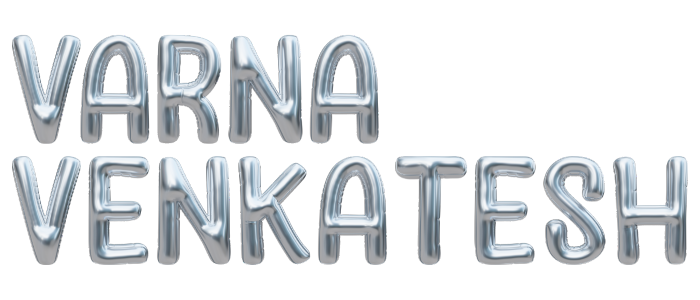 |
About Me
Why am I suited to be a biomedical engineering professor?
I am an ISTP (introverted, sensing, thinking, and perceiving).
Introverts enjoy thinking deeply and reflecting about problems and cases, which is something that I would have to do as a biomedical engineering professor. Introverts are also comfortable working in small groups, which a professor would have to do with their PhD students to conduct research and publish papers. Since I am very close to the middle of the energy scale, I would also be comfortable presenting to large groups, which I would have to do in conferences and classes.
I process information through sensing. This means that I can collect and present information in an organised fashion and can observe and measure, which means that I will be able to conduct experiments effectively. I am also able to explain concepts in an organised manner, which ensures that I would be a skilled professor and mentor for Masters and PhD students.
I make decisions by thinking. I make objective decisions and am not influenced by personal bias. This ensures that I will be able to conduct research and create products impartially. My focus on the final product ensures that I will be able to finish grant applications and products for industry partners on time.
I am perceiving in my dealings with the outside world. My openness to new information means that I will be able to adapt well to the new information that is constantly being published in my field. My flexibility and spontaneity indicates that I would be able to develop products and solutions based on ever-changing requirements from the real world and industry partners.
I am a futurist. My interests are investigative and artistic.
As a futurist, I have a unique approach to thinking that allows me to make connections and identify patterns. This means that I would be able to creatively think and problem solve as a biomedical engineering professor. Additionally, I can explain my thought process to others very well, which would make me an effective professor and collaborator.
My first interest trait is being investigative, which means that I enjoy working with scientific theories and information. Biomedical engineering is an investigative profession as it involves reasoning, research, and critical thinking.
While biomedical engineering is not a very artistic occupation, flexibility and variety are required in biomedical engineering, which is a characteristic of artistic careers. These are important characteristics as the real world keeps evolving and the problems that a biomedical engineer sets out to solve continue to change.
My career cluster is STEM (science, technology, engineering, and mathematics). My top three subject areas are computers, science, and mathematics.
These subject areas give me the career cluster of STEM (Science, Technology, Engineering, and Mathematics). This is perfect for my chosen occupation. Engineering is applied science, so this career cluster matches my career option. I would need to use technology in order to be a biomedical engineering professor. Depending on the field of research, I would need to use certain types of technology. For example, I may have to experiment with an artificial pacemaker. This matches my top subject area, computers. Biomedical engineering also involves a high degree of science and mathematics. For example, if I was to delve into signal processing in biomedical situations, I would need to have a high proficiency in mathematics to analyse the signals. This matches my second and third top subject areas, science and mathematics.
My top motivation factors are working conditions and relationships.
My motivation factors align with my career choice. Universities generally have good working conditions, which is important for me. With a vast variety of physical amenities and supports, a university is a job with working conditions that allow me to flourish. The job security is very good once I receive tenure. I would get good benefits and opportunities for advancement within my career. I would be able to control my working environment, as I would have my own office or lab space. I could also visit one of the many libraries and cafes that would be on campus to achieve a variety of noise levels and physical environments. Some aspects of the occupation would be stressful, such as marking exams in a set time period; however, I would not experience a high amount of stress on a day-to-day basis. My second motivation factor is relationships. As a professor at a university, I would be working with the same people for a very long time. The people in my department would remain there for a very long time and I would be able to maintain good relationships with them for years. I would form meaningful and long-lasting relationships with collaborators from other universities and industry partners.
My top learning styles are auditory and visual.
Auditory: I enjoy learning by listening and hearing. This is beneficial in my occupation as I would visit conferences and attend meetings. I can effectively learn in these situations as they cater to my learning style.
Visual: As a visual learner, I would be well supported in my occupation. Most presenters use slides as a visual aid, and this would help engage my attention. When reading other research papers, I would encounter a variety of illustrations, such as graphs, that would help me understand and process the information.
